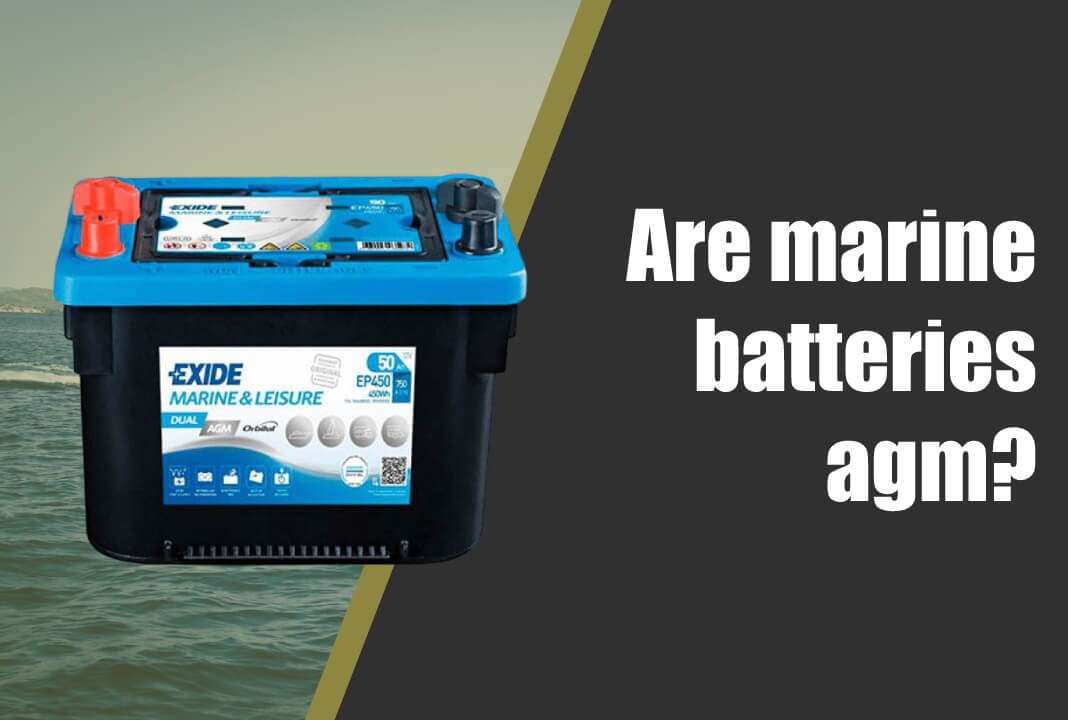Marine batteries can be AGM (Absorbent Glass Mat) batteries, but not all marine batteries are AGM.
Marine batteries are used in a variety of applications on boats and other watercraft. These applications can include starting the engine, powering navigation and communication equipment, and providing electrical power for other devices on board. Because of the harsh and corrosive marine environment, marine batteries need to be able to withstand high levels of vibration, moisture, and temperature fluctuations.
One type of marine battery is the AGM battery. AGM batteries are a type of sealed lead-acid battery that uses a glass mat separator to absorb and immobilize the electrolyte. This design makes them spill-proof and maintenance-free, which can be a significant advantage in marine applications where the battery may be exposed to water or other corrosive elements. AGM batteries also have a relatively high power output and can be deep-cycled, which means they can be discharged to a relatively low level without causing damage to the battery.
However, there are other types of batteries that are also used in marine applications. Flooded lead-acid batteries, for example, are a more traditional type of battery that use a liquid electrolyte and are not sealed. They are generally less expensive than AGM batteries but require more maintenance and can be more susceptible to damage from vibration and moisture.
Lithium-ion batteries are also becoming increasingly popular in marine applications. They offer several advantages over traditional lead-acid batteries, including a higher energy density (meaning they can store more energy in a smaller size), a longer lifespan, and faster charging times. However, they are also more expensive than lead-acid batteries and may require special charging equipment.
Ultimately, the choice of battery type for a marine application will depend on several factors, including the power needs of the boat, the space available for the battery, and the budget. It's important to choose a battery that is appropriate for the application to ensure reliable performance and avoid damage or failure.






